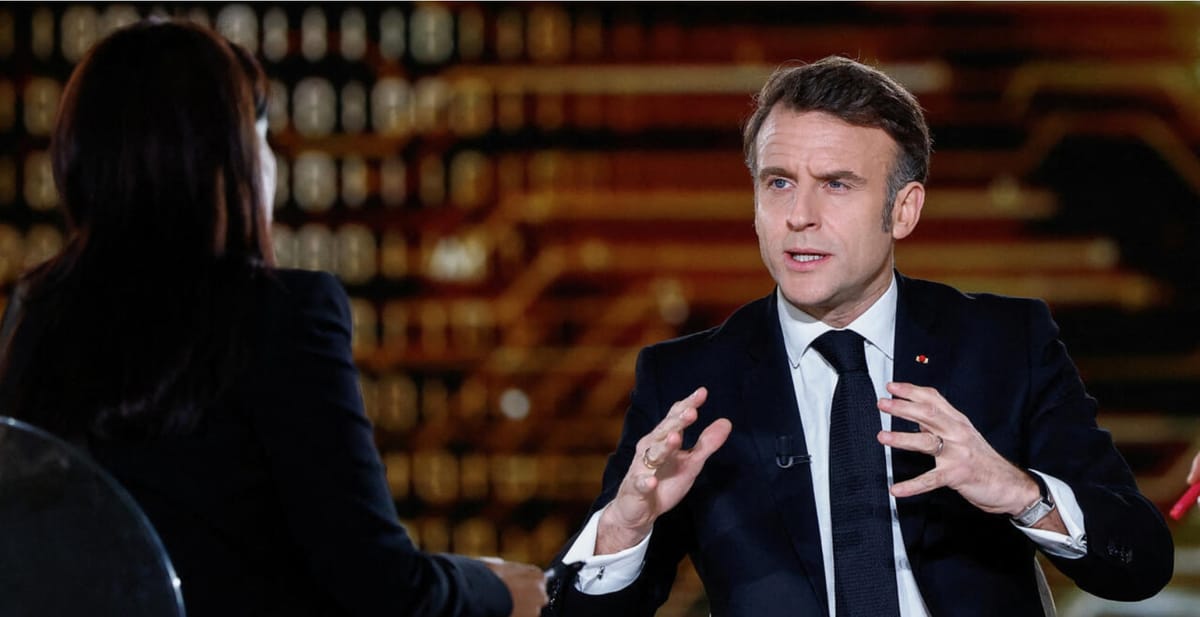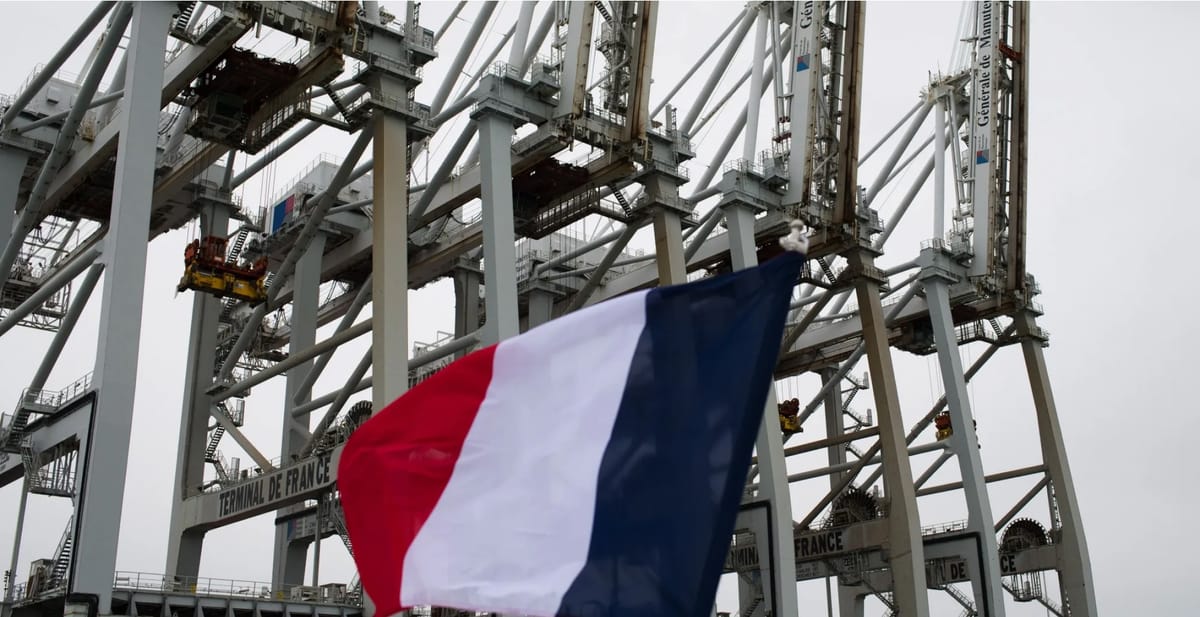
France is set to receive €109 billion ($112 billion) in private investment for its artificial intelligence sector over the next few years, President Emmanuel Macron announced ahead of the Paris AI Action Summit. The investment package, which Macron calls France’s answer to the U.S.’s $500 billion “Stargate” initiative, aims to position the country as a global AI powerhouse.
Key Points:
- France secured major AI investments from global investors, including €50B from the UAE, €20B from Brookfield, and €10B from Bpifrance.
- Most of the funding will go toward AI infrastructure, particularly data centers powered by France’s nuclear energy grid.
- Mistral AI, one of Europe’s leading AI startups, will invest billions in an AI cluster in Essonne to train more advanced models.
The funding underscores France’s ambition to compete with AI giants like the U.S. and China. With investments pouring in from the United Arab Emirates, Canadian asset management firm Brookfield, and French corporations such as telecom giant Iliad and defense company Thales, the bulk of the capital will go toward high-performance data centers. These facilities will power AI model training and infrastructure development, similar to OpenAI and SoftBank’s Stargate initiative in the U.S.

A key component of France's strategy involves dedicating one gigawatt of nuclear power to AI training by the end of 2026. This approach capitalizes on France's extensive nuclear power infrastructure, which currently includes 57 reactors across 18 plants, producing more than two-thirds of the country's electricity needs. In 2024, France exported 90TWh of electricity to neighboring countries, demonstrating its capacity to support power-intensive AI operations. Macron emphasized that France’s stable and low-carbon energy grid gives it a strategic advantage in the AI arms race.
Paris-based AI startup Mistral is also stepping up, with CEO Arthur Mensch revealing plans to invest billions in a large-scale AI cluster. This is expected to boost Europe’s competitiveness in the AI sector, where it has struggled to match the dominance of U.S. firms like OpenAI and Google DeepMind.
The AI Action Summit in Paris, where these announcements were made, has drawn top executives and political leaders, including OpenAI’s Sam Altman, Google DeepMind’s Demis Hassabis, and Canadian Prime Minister Justin Trudeau. Discussions are expected to focus on AI governance, infrastructure, and the global AI race.
While France's ambitious investment package signals Europe's determination to narrow the AI gap with the U.S. and China, questions linger about the broader European Union's regulatory environment. The bloc's stringent approach to AI oversight, while aimed at ensuring responsible development, may present challenges for the rapid innovation needed to compete in the global AI race. The success of France's initiative could hinge not just on capital investment and infrastructure, but on finding the right balance between regulation and innovation in the broader European context.


